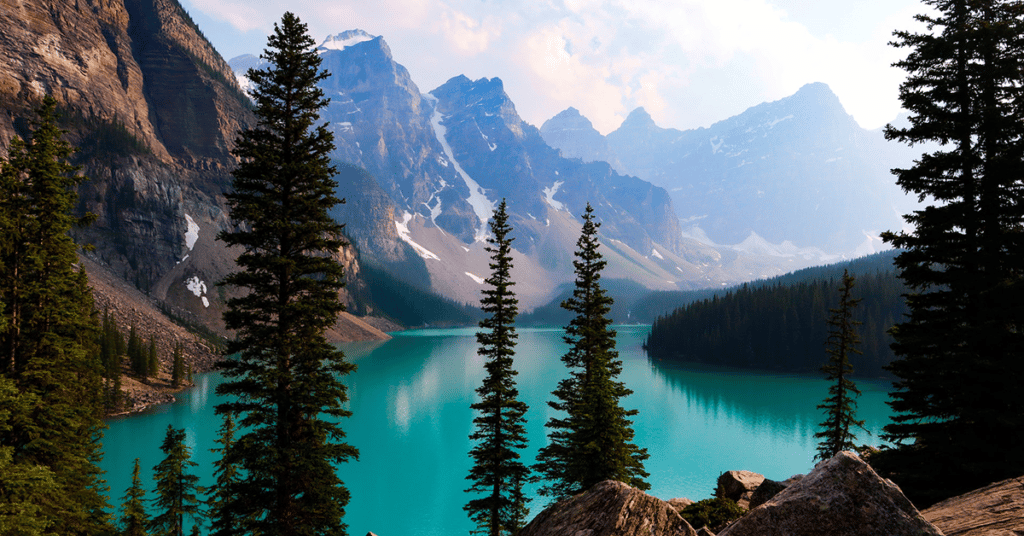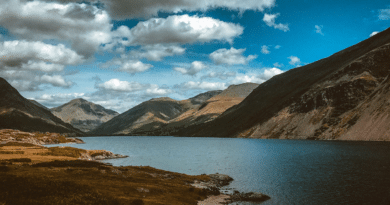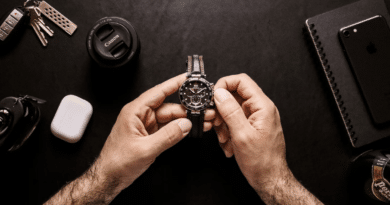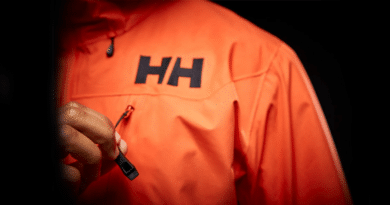Best Canadian Tent Brands
Welcome to our extensive guide to the best Canadian tent brands, helping you to explore the great white north and beyond.
Is Canada a Good Place for Camping?
Canada is a great place for camping, with a wide variety of landscapes, from beautiful mountains and rugged coastlines to vast forests and pristine lakes. Camping in Canada offers an opportunity to explore the great outdoors and experience the diverse natural beauty of the country.
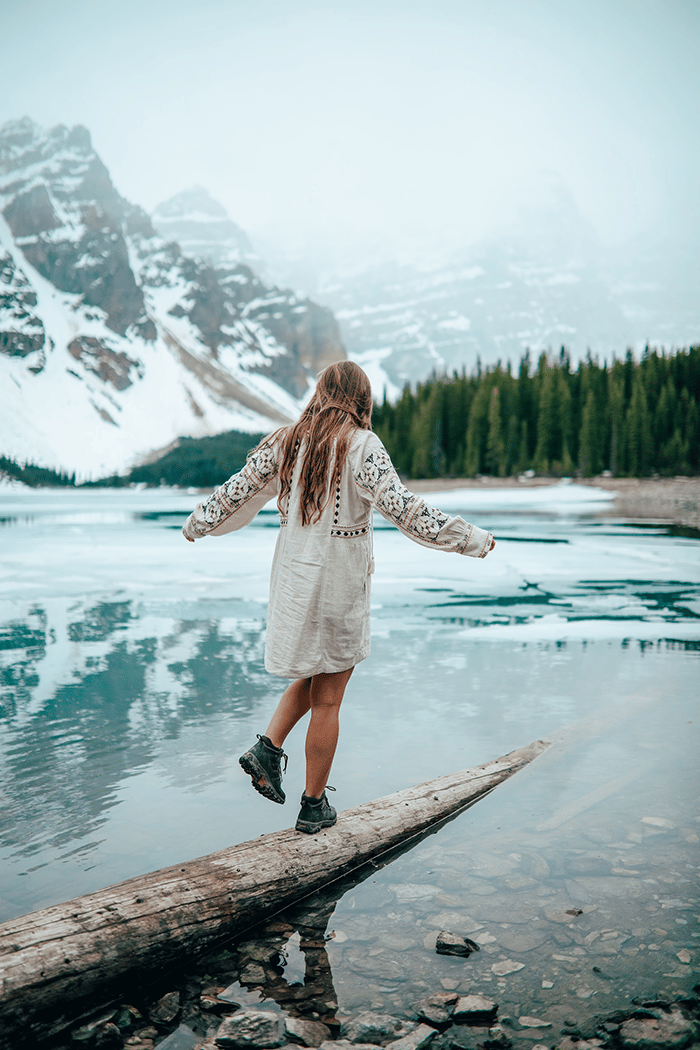
Canada is home to many national and provincial parks, which offer a variety of camping options, including drive-in and hike-in sites, backcountry camping, and RV/caravan camping. Some of the popular camping destinations in Canada include Banff National Park, Jasper National Park, Algonquin Provincial Park, and Bruce Peninsula National Park.
Camping in Canada is also a great way to experience the country’s culture and history. There are many campgrounds located near historical sites, such as the Rideau Canal, the Fortress of Louisbourg, and the Klondike Trail of ’98.
Canadian Tent Brands
However, it’s important to note that camping in Canada can be challenging due to the harsh weather conditions in some regions, particularly in the mountains and northern areas, so it is important to be prepared and have the appropriate gear.
Additionally, camping in Canada can also be expensive due to the cost of camping permits and equipment rental, but it is still possible to find budget-friendly options.
Scroll down to learn more.
- Is Canada a Good Place for Camping?
- Canadian Tent Brands
- Canadian Tent Brands – MEC (Mountain Equipment Co-op)
- Canadian Tent Brands – Durston
- Canadian Tent Brands – Esker
- Canadian Tent Brands – Atuk Tents
- What Equipment is Vital for Camping Trips?
- What Important Points Should You Consider When Buying a Tent?
- Learn More
Canadian Tent Brands – MEC (Mountain Equipment Co-op)
MEC (Mountain Equipment Co-op) is a Canadian retail co-operative that specializes in outdoor gear, clothing and accessories.
The company was founded in 1971 by a group of outdoor enthusiasts in Vancouver, British Columbia, and it has since grown to become one of the largest and most respected outdoor retailers in Canada.
MEC operates stores across the country and also sells its products online. The company is known for its high-quality and durable gear, as well as its commitment to sustainability and environmental stewardship.
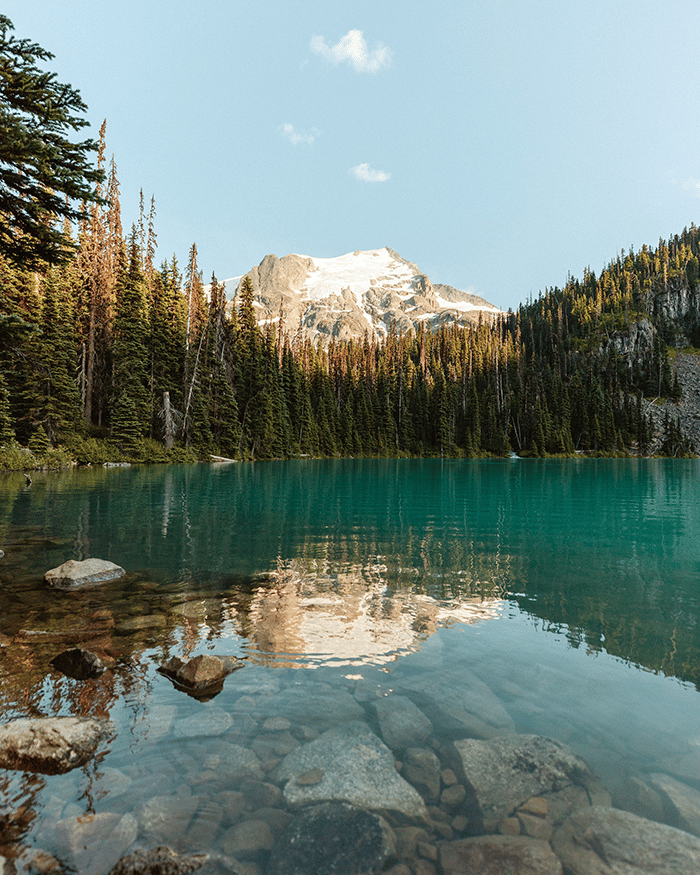
MEC also offers a wide range of services such as rental, repair, and outdoor classes and events. MEC is a co-op, meaning that it is owned by its members, who can vote on the company’s operations and elect its board of directors.
Are MEC Tents Good Quality?
MEC (Mountain Equipment Co-op) is known for producing high-quality and durable outdoor gear, and their tents are no exception.
They offer a wide range of options for different types of camping and budgets. Their tents are designed with the Canadian weather in mind, they are well ventilated, with good waterproofing and UV protection, and they are built to withstand harsh conditions.
MEC tents are also known for their easy set-up and take-down, and the quality of their materials and construction. They are also reasonably priced compared to other high-end brands.
However, as with any product, customer reviews and experience can vary, so it is always a good idea to read reviews, check the warranty and specs before making a purchase.
And also, it’s important to note that MEC tents are not designed for extreme conditions, such as mountaineering or extended backpacking trips in remote areas, and therefore may not be the best choice for those types of activities.
What Materials are MEC Tents Made From?
MEC (Mountain Equipment Co-op) tents are made from a variety of materials, depending on the specific model and design. The most common materials used in the construction of MEC tents include:
Nylon: This is a lightweight, strong, and durable synthetic material that is often used for tent fabrics, such as the canopy, fly, and floor. Nylon is also resistant to mildew, UV rays, and tearing.
Polyester: This is another synthetic material that is commonly used in tent construction. It is also lightweight, strong, and durable, but it is less stretchy than nylon. Polyester is also resistant to mildew, UV rays, and tearing.
Aluminum: This is a lightweight and strong metal that is often used for tent poles. Aluminum is also resistant to corrosion.
Mesh: This is a lightweight, breathable fabric that is often used for the tent’s windows and vents.
Plastic or rubber: This is often used for the tent’s pegs, stakes and buckles.
It’s important to note that MEC designs their tents to be durable and long-lasting, they also pay attention to the environmental impact of the materials they use and make sure they are ethically sourced.
How Much do MEC Tents Cost?
The cost of MEC (Mountain Equipment Co-op) tents varies depending on the specific model and design. They offer a wide range of options for different types of camping and budgets. You can find MEC tents for as low as $70 for a basic one person tent and up to $600 for a high-end 4-season tent.
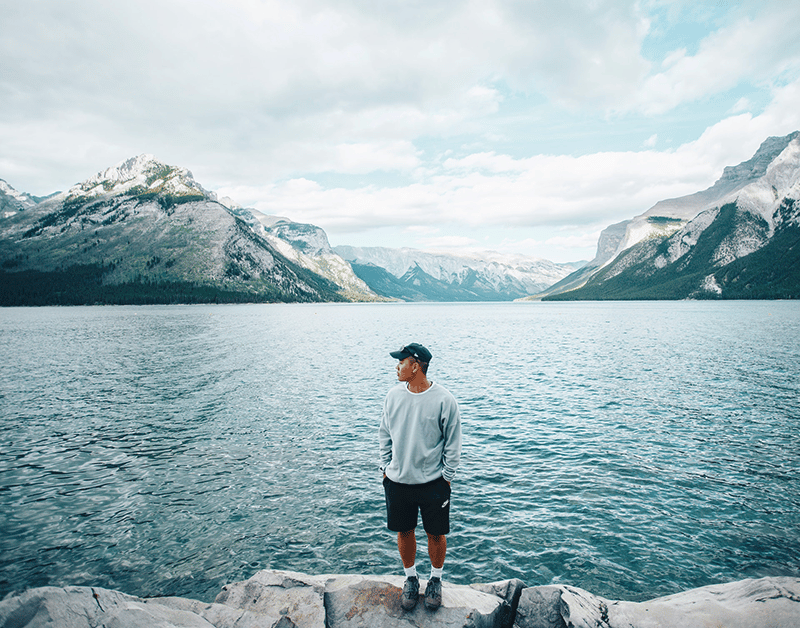
It’s important to note that MEC tents are generally considered to be reasonably priced compared to other high-end brands, and they offer a great value for the price.
Their tents are designed with the Canadian weather in mind, they are well ventilated, with good waterproofing and UV protection, and they are built to withstand harsh conditions.
Check out the awesome Roark Duffel Bags
The price point will also depend on the size, the number of seasons, the materials and the features of the tent.
Canadian Tent Brands – Durston
Durston tents and backpacks are designed by Dan Durston in the heart of the Canadian Rockies with a focus on creating ultralight gear that genuinely enhances your backcountry experience.
Dan has been a hiker and adventurer for over 20 years. He has amassed hundreds of nights in the outdoors and written thousands of technical gear posts in ultralight online communities like BackpackingLight.com and r/Ultralight.
Never content with the status quo, Dan has been building his own gear for over a decade including building one of the first DCF tents back in 2009 before most other companies working with DCF existed.
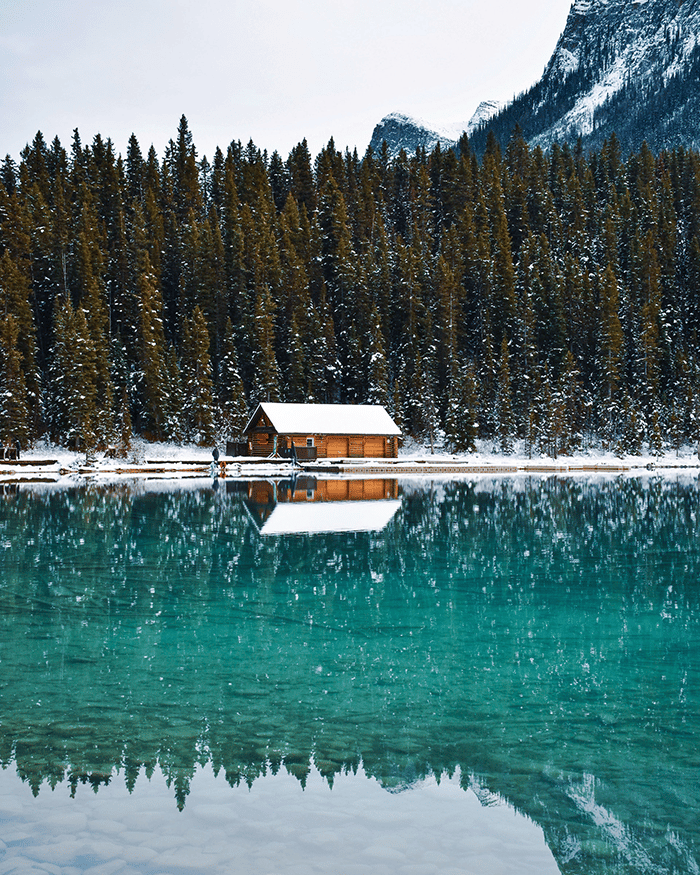
Dan is continually pushing the limits of outdoor adventure. His travels include hiking the 2600 mile Pacific Crest Trail (2014) and the first yo-yo of Canada’s Great Divide Trail (1100km x 2, 2017) along with his wife T, who also helps with Durston gear.
Dan also held the Fastest Known Time on the 90 km Stein Traverse (19 hours) and is the 5x fastest finisher in the Bob Marshall Wilderness Open (~100-mile off-season traverse of the Montana Rockies). In 2022 he developed a high route extension of the Continental Divide Trail / Great Divide Trail continuing up the Canadian Rockies.
Prior to starting his own company, he worked as a gear tester for several other ultralight companies and reviewed gear for BackpackingLight.com.
Apps for Identifying Plants and Animals
With Durston Gear, Dan combines his comprehensive technical knowledge with extensive field experience to design the highest performance ultralight equipment. His designs start from scratch using a first principles design philosophy to solve real-world problems.
With the core idea developed, we work with some of the world’s top outdoor gear factories to produce the highest quality gear.
The factories we use also build gear for respected brands like Arcteryx, MSR, and Black Diamond.
Canadian Tent Brands – Esker
Esker is a Canadian company that specializes in manufacturing outdoor gear and camping equipment. They are known for producing high-quality and durable camping equipment, including tents, sleeping bags, backpacks, and other outdoor gear.
Esker is a relatively new company, but it has quickly gained a reputation for producing gear that is designed to withstand harsh Canadian weather, and is known for its easy set-up and take-down.
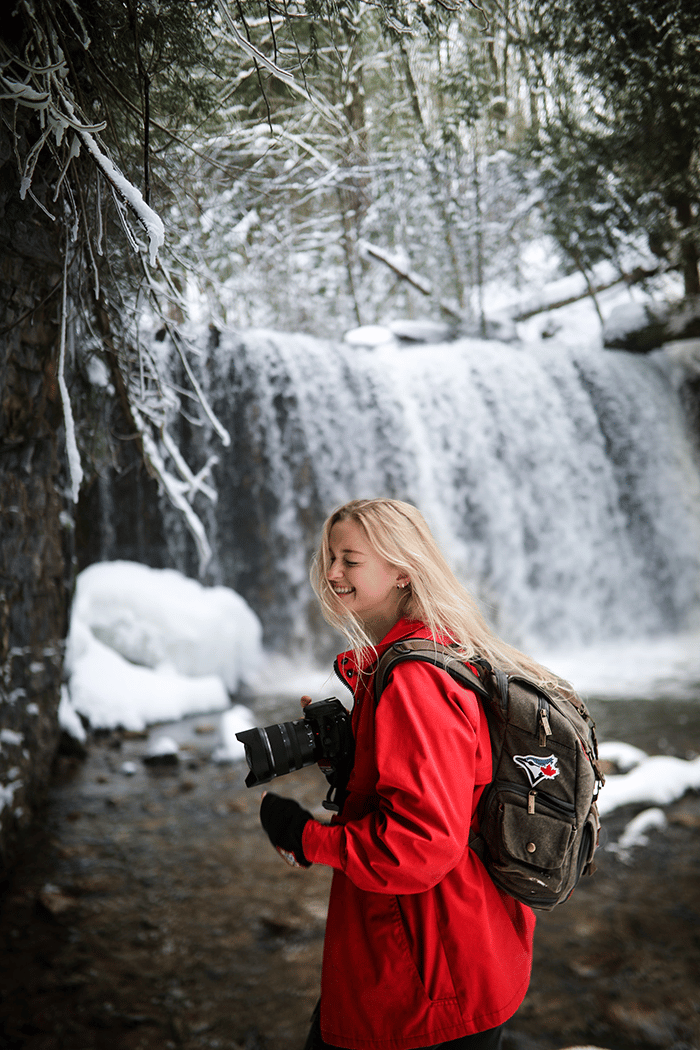
They also pay attention to the environmental impact of the materials they use and make sure they are ethically sourced. Esker is headquartered in Canada, and they sell their products worldwide through their website and a network of retailers.
What camping equipment companies does the USA have to offer?
They are focused on making high-quality gear that is accessible to everyone.
Are Esker Tents Good Quality?
Esker is a relatively new company, but it has quickly gained a reputation for producing high-quality and durable camping gear.
Their tents are known for being designed to withstand harsh Canadian weather, and are known for their easy set-up and take-down. They also pay attention to the environmental impact of the materials they use and make sure they are ethically sourced.
Esker Tents are generally considered to be of good quality and are well-regarded by customers and experts in the industry. They offer a wide range of options for different types of camping and budgets.
Canadian Tent Brands – Atuk Tents
Atuk Tents is a company that specializes in providing high-quality and durable tents for camping and other outdoor activities.
They offer a wide range of options for different types of camping, such as backpacking, car camping and family camping. They also sell a variety of camping accessories, such as sleeping bags, camping cots, camping furniture, and camping lights.
What Equipment is Vital for Camping Trips?
When planning a camping trip, it is important to have the right equipment to ensure a safe and comfortable experience. Some of the most essential pieces of equipment for camping trips include:
- Tent: A good quality tent that is appropriate for the weather conditions and the number of people in your group.
- Sleeping bag: A sleeping bag that is rated for the expected low temperatures and is appropriate for the season.
- Sleeping pad: A sleeping pad or air mattress to provide insulation from the ground and added comfort.
- Camp stove: A camping stove or portable grill for cooking.
- Headlamp or flashlight: A light source for navigating around the campsite at night.
- Water bottles or hydration system: A way to carry and treat water.
- First-aid kit: Basic first-aid supplies such as bandages, antibiotic ointment, and pain relievers.
- Warm clothing: Warm clothing and a rain jacket to protect against the elements.
- Navigation tools: a map and compass or a GPS device.
- Emergency whistle and signaling device.
- Personal hygiene and sanitation supplies.
- Insect repellent and sunscreen.
- Trash bags and trowel for Leave No Trace principles.
It’s important to note that the specific equipment you’ll need will depend on the type of camping you’re doing, the location, and the duration of the trip. It’s also a good idea to check the weather forecast and plan accordingly, and to consider any specific requirements for the campsite you’ll be visiting.
What Important Points Should You Consider When Buying a Tent?
When buying a tent, there are several important points to consider in order to ensure that you get a tent that is suitable for your needs. Some of the most important factors to consider include:
Size
Consider the number of people who will be sleeping in the tent and choose a tent that is appropriately sized. Look for the number of people the tent is designed to sleep, and take into account whether you’ll be storing gear inside the tent.
Seasonality
Consider the type of camping you’ll be doing and the weather conditions you’ll be camping in. Three-season tents are suitable for spring, summer and fall, while four-season tents are designed for winter camping and are stronger, more robust and have more ventilation options.
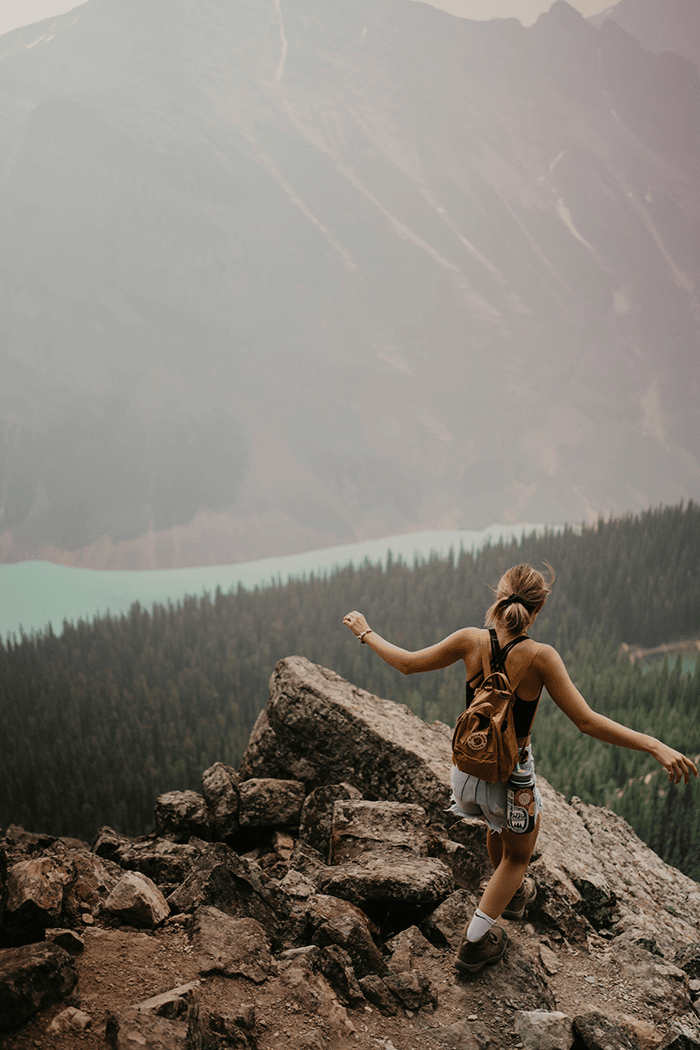
Setup
Consider how easy the tent is to set up and take down, particularly if you’ll be camping in an area where you’ll need to set up and take down your tent frequently.
Material
Look for a tent made of quality, waterproof and breathable material, such as nylon or polyester, and check to see if the tent has a rainfly or waterproof coating. Also, check the poles and stakes, they should be durable and sturdy.
Ventilation
Make sure the tent has enough ventilation to prevent condensation buildup, which can make the tent feel clammy and damp.
Weight and Packed Size
Consider the weight of the tent and how small it packs down if you’re planning to backpack or hike with it.
Price
Consider the price of the tent and compare it to other options in the same price range.
Warranty
Check the warranty offered by the manufacturer and if the tent is covered for defects or repairs.
Brand Reputation
Research the brand’s reputation and read customer reviews to get an idea of the tent’s quality and durability.
By considering all these points, you’ll be able to find a tent that meets your needs and provides you with a comfortable and safe camping experience.

